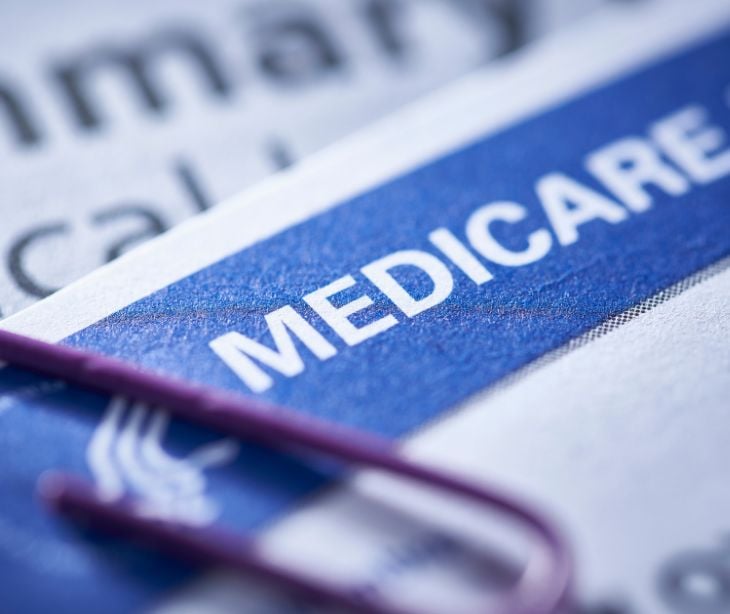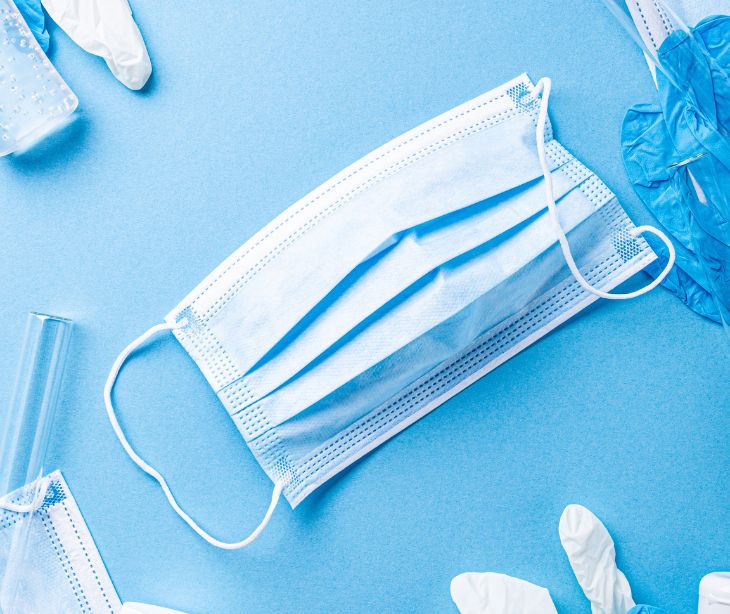
HIPAA requires that any electronic protected health information (PHI) that medical devices collect, store, or transmit is safeguarded according to the HIPAA Privacy and Security Rules. They must implement adequate security measures, such as encryption and access controls, to protect PHI from unauthorized access, breaches, or cyber-attacks. Additionally, manufacturers and healthcare providers using these devices must ensure compliance through regular risk assessments, staff training, and adherence to the minimum necessary standard when handling patient data.
Understanding HIPAA's relevance to healthcare providers using medical devices
HIPAA Privacy Rule
The Privacy Rule stipulates that healthcare providers must obtain patient consent before any use or disclosure of electronic protected health information (PHI). The consent requirement extends to the use of medical devices, reinforcing the importance of patient privacy in healthcare settings.
HIPAA Security Rule
The HHS states that "The Security Rule requires covered entities to maintain reasonable and appropriate administrative, technical, and physical safeguards for protecting e-PHI." For medical devices, that includes administrative safeguards (like workforce training and risk assessments), physical safeguards (such as securing the device against unauthorized access), and technical safeguards (including encryption and access controls).
HIPAA Breach Notification Rule
Healthcare organizations must promptly notify affected patients and pertinent authorities in the event of a PHI breach while using medical devices.
Read more: How to respond to a data breach
What are the responsibilities of healthcare providers regarding medical devices?
Compliance with HIPAA regulations places responsibilities on healthcare providers regarding the use of medical devices:
- HIPAA Privacy Rule implementation: Beyond obtaining patient consent for medical device usage involving PHI, healthcare providers must ensure secure handling and storage of such information within these devices. Rigorous protocols for data encryption and restricted access help maintain patient confidentiality and privacy.
- HIPAA Security Rule compliance: Implement strong security measures within medical devices. Access controls and encryption protocols mitigate unauthorized access to electronic PHI. Regular risk assessments and audits aid in identifying vulnerabilities and fortifying data security.
Read more: A guide to HIPAA and access controls
Compliance strategies for healthcare organizations
- Establishing robust policies: Craft comprehensive policies aligned with HIPAA guidelines for governing medical device usage and PHI handling. These policies should define data access, storage, and transmission protocols.
- Staff training: Educate healthcare personnel about HIPAA regulations and protocols to foster a culture of compliance and awareness.
- Periodic audits and assessments: Regularly evaluate security protocols and data handling practices. Audits help identify areas for improvement, ensuring that healthcare organizations maintain a proactive stance toward compliance.
The importance of adherence to HIPAA in healthcare settings
Maintaining patient trust and confidence is intrinsically linked to upholding stringent data security and privacy standards, especially when using medical devices. Adherence to HIPAA meets regulatory requirements and fosters an environment of trust and ethical care delivery.
FAQs
What types of medical devices are covered under HIPAA?
All medical devices that collect, store, or transmit electronic PHI, such as wearable health monitors, imaging equipment, and connected devices, fall under HIPAA regulations.
Are third-party applications used with medical devices subject to HIPAA?
Yes, third-party applications that process electronic PHI from medical devices are also subject to HIPAA regulations and must implement appropriate safeguards to protect patient information.
Can patients request to see how their data is used by medical devices?
Under HIPAA, patients have the right to request information about how their electronic PHI is used and disclosed by healthcare providers and medical devices, promoting transparency in their healthcare.
Subscribe to Paubox Weekly
Every Friday we bring you the most important news from Paubox. Our aim is to make you smarter, faster.




